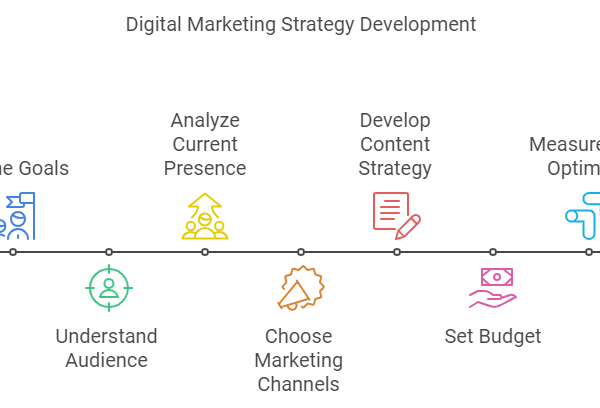Knowing a language and actually understanding it are two completely different things. When you know a dialect, you just have information about its day-to-day usage, but understanding any language involves getting into the deep-rooted meanings and ways in which the particular language functions. It means getting sensitized to all its rules and regulations. For example, if one learns to speak French, they will not need to understand the rules of grammar, which is required when writing in the language. For the purpose of speaking, it is enough to understand and learn the common words as well as the simple rules. Similarly, in English, there are so many words that students don’t know the meaning of or are confused about their correct and proper usage. This is a major issue with students who come from non-English-speaking backgrounds.
Some commonly confused words are: then and than, their and there, a few and few, lie and lay, etc. Students often misunderstand them and use them interchangeably, leading to a difference in the meaning of a particular sentence. This could be a big problem for students as it affects their grades. But this is not something that can not be fixed. With online assignment help students can easily get this issue sorted. For starters, here is a list of some such words and their respective meanings:
1. Lose and Loose
Lose, as a verb means, to misplace. Loose, as an adjective means slack, moveable, or weak.
2. Anyway and Any way
Anyway, as an adverb means, regardless. Any way, as a phrase, means any manner or method.
3. Than and Then
Than, as a conjunction, is used to compare two things. Then, as an adverb, indicates time.
4. Lie and Lay
Lie, as a verb means, to recline or rest on a surface. Lay, as a verb means, to put or place.
5. Affect and Effect
Affect, as a verb means, to influence. Effect, as a noun means, result.
6. Their and There
Their, as a pronoun is plural of form of “they”, it indicates possession. There, as an adverb means, in or at that place.
7. Too and Two
Too, as an adverb means, in addition or also. Two is a number that comes after 1 and before 3 a.k.a 2.
8. Who and Whom
Who, is a pronoun that is used as the subject of a sentence. Whom, on the other hand, is a pronoun that is directly used as an object.
9. Your and You’re
Your is an adjective showing possessiveness. You’re is a contraction of the words ‘you’ and ‘are’, that simply means you are.
10. Climactic and Climatic
Climactic as an adjective describes a high point or the most intense part of something (be it a movie, song, play, etc.). Climatic is also an adjective that refers to the climate or describes weather patterns.
11. Emigrate and Immigrate
The verb emigrate means to leave one’s own country to go and live in another country permanently (it focuses on leaving a country). While the verb immigrate means to enter and settle in a foreign country, permanently (it focuses on entering a country).
12. Farther and Further
Further, as a verb or an adverb, has the meaning of moreover or additionally. While farther, is a word that refers to physical distance.
13. Intimate and intimidate
As a verb, intimate means, to suggest or disclose discreetly. While intimidate, as a verb, refers to make someone feel or feeling timid or fearful.
14. Its and It’s
It’s is a contraction (where the apostrophe indicates that part of a word has been removed) and is used as replacement to the two words “it is”. While its without apostrophe is a possessive word, often used as possessive form of the pronoun it.
15. Elicit and Illicit
They are a pair of homophones that have got students all confused. The word elicit means, to get something or call out. While illicit, on the other hand, means to something illegal, improper or socially forbidden.
16. Complement and Compliment
These words are often used interchangeably but they shouldn’t be. Because complement as a word means something that completes something else in some way. While the word compliment, expresses admiration or a courteous remark.
17. Capital and Capitol
The word capital, as a noun, refers to accumulated wealth, and as an adjective, it represents a primary or chief example of something. While the word capitol, is used to denote a building in which the legislative body of government meets.
18. Allusion and Illusion
The word illusion, means something that is false or a mistaken idea but seems so so real or to be true. While the word allusion, means an indirect reference. When we hint at something without actually mentioning it completely and expect the other person to understand.
The post A List of Academic Words That Students Often Get Confused With appeared first on LIVE BLOG SPOT.











